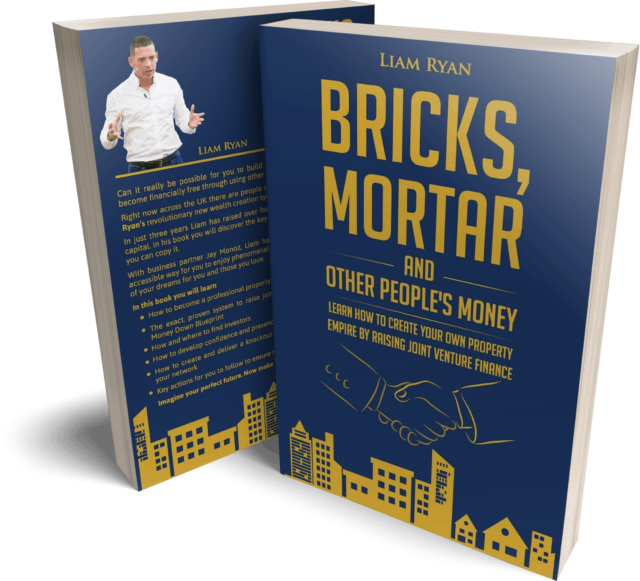Discover the best UK cities to invest in property in 2026, with strong rental demand, high yields, regeneration and growth potential.
Read More
Have you ever wondered why properties near green spaces and water bodies are priced higher than those close to industrial areas? Well, the truth is, environmental factors significantly impact property value. Environmental factors refer to the geographical surroundings of a property, including natural resources, vegetation, climate, and neighboring land uses. In this blog post, we’ll delve into how different environmental factors influence property value.
Table of Contents
ToggleClimate is a crucial environmental factor that affects property value. Several natural phenomena, such as flooding, drought, and excessive snowfall, can cause extensive damage to homes and buildings, thereby resulting in reduced property value. Moreover, areas that experience extreme temperatures and high humidity levels are generally less desirable to live in, harming a property’s value in such regions.
Properties located near natural resources such as rivers, parks, and forests are usually more valuable than those close to industrial areas and factories. Such properties provide residents with a serene living environment, enjoy better air quality, and experience less noise pollution. Additionally, natural resource-rich neighborhoods often have better water quality and less soil erosion, making them more attractive to potential buyers.
The nature of land use activities surrounding a property significantly affects its value. For instance, properties located in commercial areas, industrial settings, or near landfills are usually less desirable to potential buyers. Such properties are often associated with unpleasant odors, increased noise pollution, and poor air quality, which negatively impact their value. On the other hand, properties situated in residential areas and near schools, recreational facilities, and public transportation are highly sought-after, boosting their values.
Physical characteristics of a property such as size, design, and construction materials play a crucial role in determining its value. Homes that are well designed, spacious, and use sustainable materials such as bamboo and reclaimed wood are more valuable than those made with synthetic materials. Additionally, properties that have been renovated and installed with energy-efficient features such as solar panels, double-glazed windows and energy-efficient appliances tend to be more valuable.
A property’s proximity to sources of noise and light pollution can impact its value. Houses situated close to busy roads, airports, and factories, often suffer a reduction in value due to increased noise pollution. Also, properties situated in areas with streetlights, neon signs and outdoor entertainment centers might experience light pollution leading to sleep disturbances and negatively affect their value.
Environmental factors have a significant impact on property value. If you’re a homeowner or planning to purchase a property, consider researching the surrounding environment to understand how it might affect property value. Climate, natural resources, land use activities, physical and environmental characteristics, and noise and light pollution are all environmental factors that influence property value. Understanding the impact of these crucial factors will help you make better decisions when buying or investing in a property.
If you want to level up your social media game, get your FREE guide here.
Discover the best UK cities to invest in property in 2026, with strong rental demand, high yields, regeneration and growth potential.
Read MoreThinking of selling your buy-to-let? Learn how to time the market, manage tax and maximise equity with expert landlord advice.
Read MoreDiscover UK planning permission loopholes, permitted development rights and when you can extend, convert or renovate without consent.
Read MoreLearn what the Bank of England base rate is, how it’s set, and how changes can impact buy-to-let mortgages and property investors.
Read More
Claim Your Free Copy
Assets For Life LTD is a company incorporated in England and Wales with registered number 09935286 and registered offices at Assets for Life Ltd, Suite 105, Waterhouse Business Centre, 2 Cromar Way, Chelmsford, Essex, England, CM1 2QE, United Kingdom.
Assets For Life LTD is registered with the Information Commissioner’s Office, with registration number ZA280607
COPYRIGHT © 2024 ASSETS FOR LIFE, ALL RIGHTS RESERVED. WEBSITE BY AMPLIFY MARKETING